NZ shaper Jack Candlish – https://organicdynamic.com
100% eco surfboards… recycled polystyrene, home grown timber, plant based resin… pretty awesome. Some cool vids online about their boards.
Publishing Innovator. Surfer. Ponderer. NZer.
NZ shaper Jack Candlish – https://organicdynamic.com
100% eco surfboards… recycled polystyrene, home grown timber, plant based resin… pretty awesome. Some cool vids online about their boards.
I’m in London for a full Sunday with some time on my hands so caught up with Richard Smith-Unna. A good buddy, and good to hang out with. We walked up and down the foreshore on the Thames…


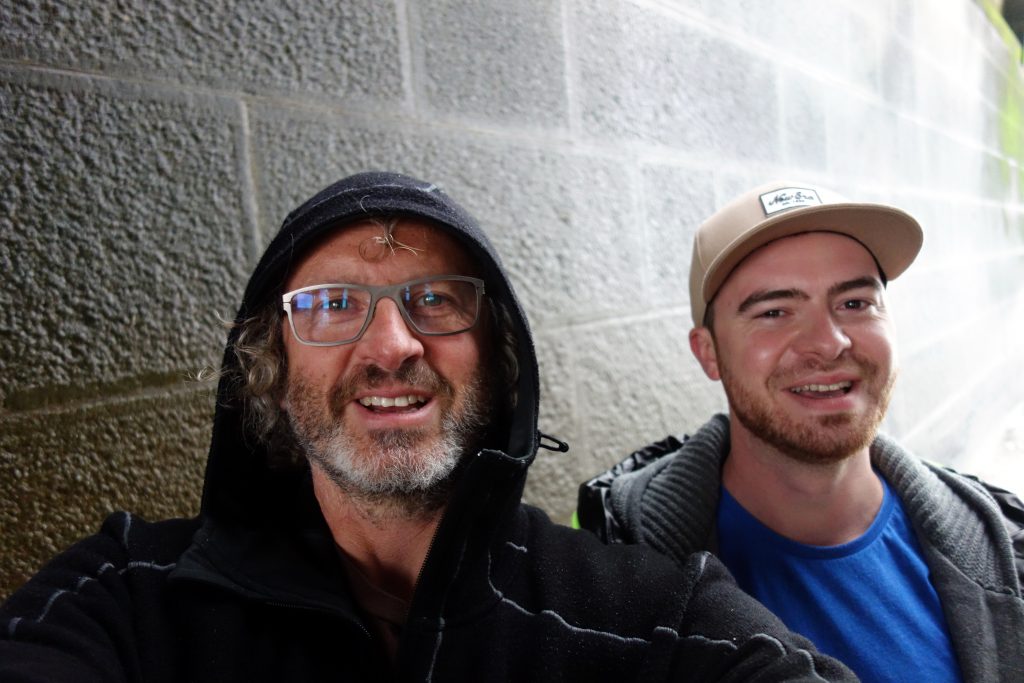
Rik also is the chap behind the awesome Science Fair app. Check it out!
Leaving tonight for London. Then:
Then to San Francisco for a short time before heading to Berlin around May 14 to present at the Digital Publishing Summit.
I love photos of people collaborating, its almost a genre in its own right. One of my favorite sources is the Book Sprints albums. Each Book Sprint the crew takes a load of photos and uploads them… here are some recent ones I like.
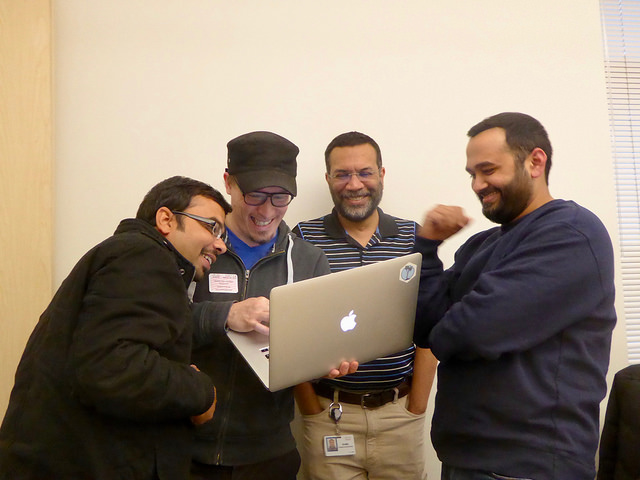
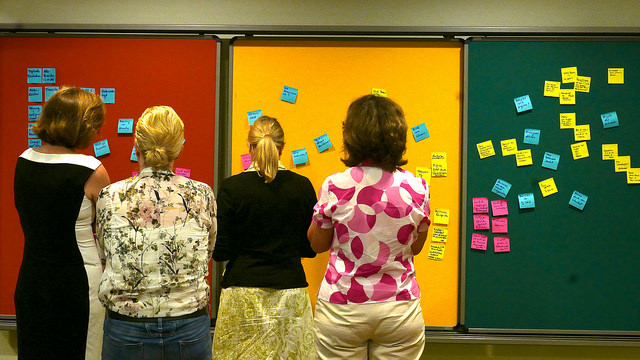
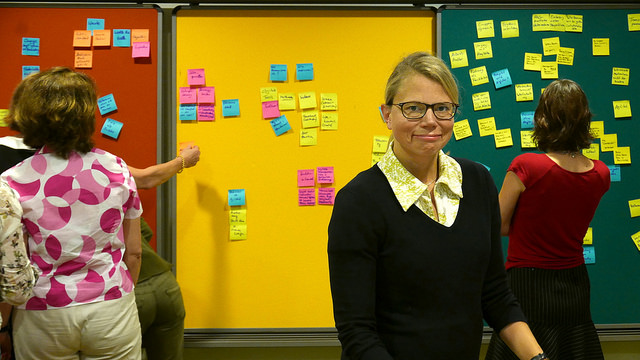
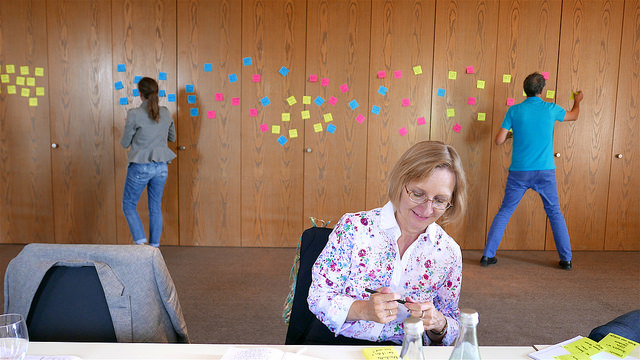
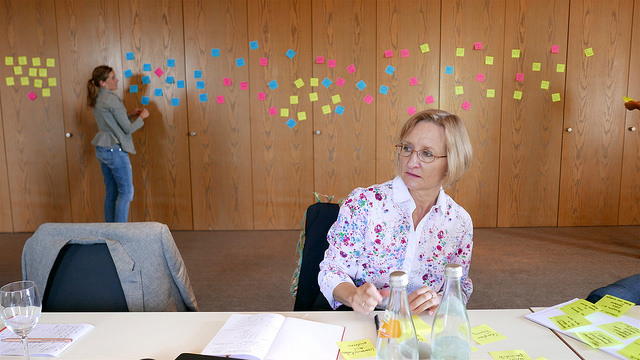

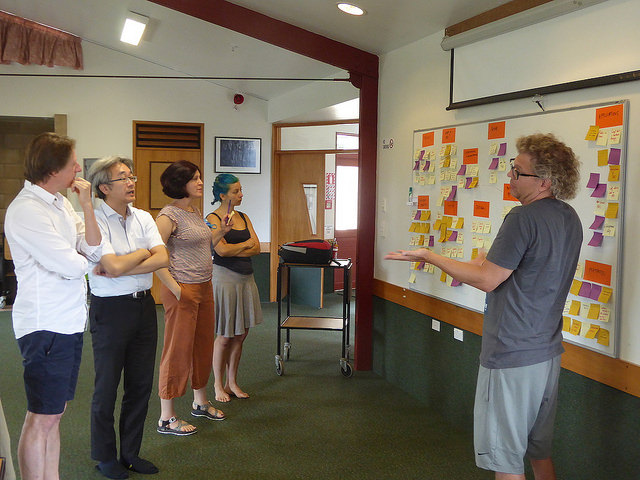
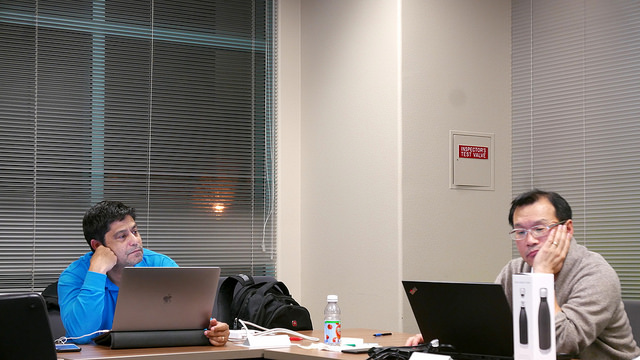
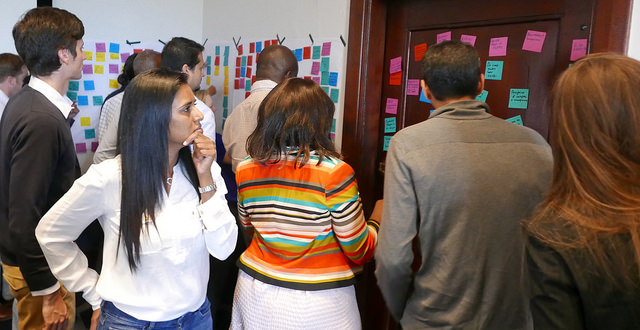
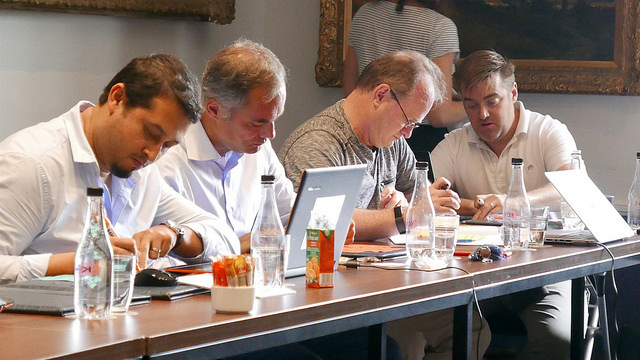
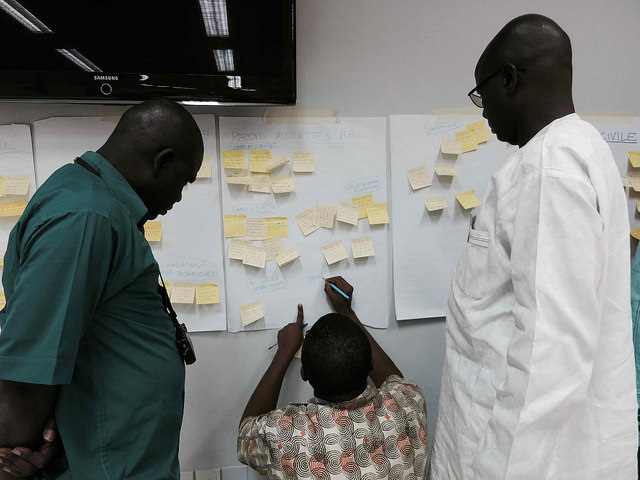
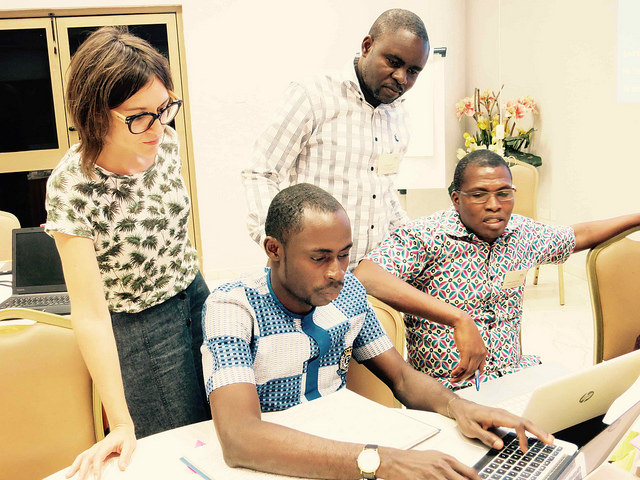
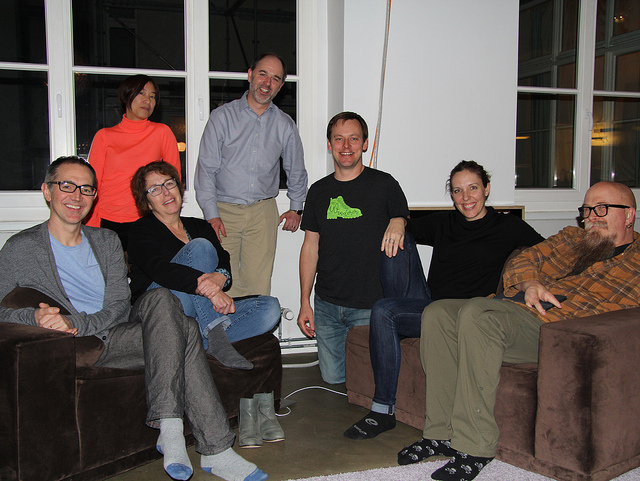
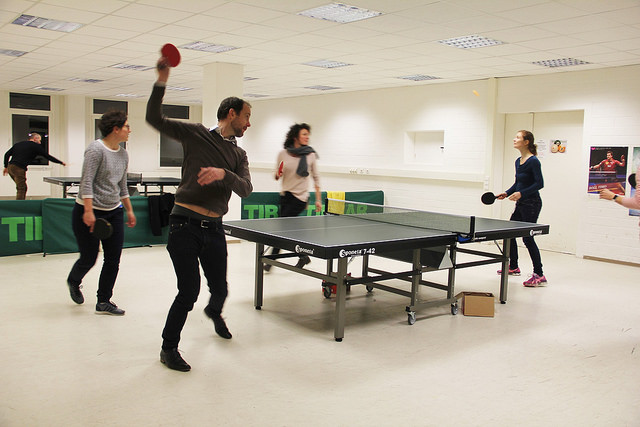
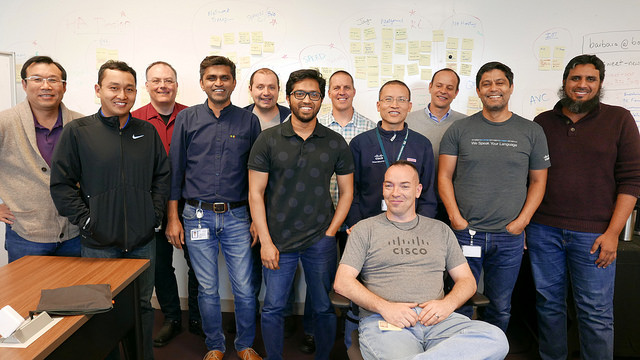
Some time ago I employed Julie Blanc from my Shuttleworth Fellowship to work for the PagedMedia project. Julie has been doing amazing work and just today released this incredible article about Page Floats:
With a running demo app: http://demos.pagedmedia.org/page-floats/
Really amazing stuff. Please share it widely!
(Julies demo code is here – https://gitlab.pagedmedia.org/JulieBlanc/demo-page-floats)
Once upon a time Substance.io was the only framework available for building editors. Now it seems we have entered a new age of editor frameworks… the leading contenders look to be:
It is a new age. Whats interesting to me is that there is an emergent new category of software – editors built on top of editor frameworks… we don’t see many examples at this moment because it is a relatively new field – ProseMirror was 1.0 only late last year, the latest CKEditor5 1.0 beta was also released only a few months ago, while Substance released a beta over a year ago (they are yet to release a stable 1.0).
But examples will come in time. I think we will see more community develop around some of these projects (ProseMirror seems to be the leading contender to me on this front), and some sophisticated apps built with these tools. The project that develops the following will start leading the field :
We are watching and learning…Thanks to Jure for his research on this recently.
Jure, PubSweet lead dev, found this very interesting editor built with ProseMirror and built by Atlassian:
https://atlaskit.atlassian.com/packages/editor/editor-core/example/full-page
It looks pretty good. The table editor in particular, while perhaps needing some UX love, is pretty awesome.
It is part of the Atlaskit, which is a psuedo open source design kit Atlassian released. I haven’t looked at it closely but large chunks, namely the styles, is closed source (see their styles license) but the rest uses the Apache licence. Their repo is here.
Also interesting is this blog post about their design process. Finally a project (albeit fringe open source) that talks about design workflow. Very interesting… I don’t like the ‘developerificiation’ of design (eg calling the process ‘DesignOps’) but I do like to see a project talking about design workflow. Awesome.
Following on from my previous post… here are some issues I think the Open Source movement needs to address:
This is just a starter…I am sure there are many other issues that need to be put front and center. These are my starting 9…
I hear a lot of stupid arguments about open source. For example, this article is particularly flawed. Silly comments like “Not getting paid while seeing major corporations make hay from your volunteer labor both erodes good will.” is full of so many strange assumptions I don’t really know where to start unpacking it.
But… leaving all this aside, I do believe open source needs criticism. Well-founded, reasoned, criticism. Criticism on points of culture, on diversity, on where the open source cultural method is failing, on what open source doesn’t do well. Any movement needs this kind of refreshing of the dialog so that it can improve and, as it matures, help it tackle the next generation of issues it needs to solve.
However, for many years I believe we have seen a failure of informed criticism of open source. I can find many who herald open source as a wonderful movement, but I do not see healthy criticism. Without it, open source risks being stuck and not moving on, which can very well be not only damaging but eventually terminal for the movement.
I have had a bit of a frustrating time with surfing these last months. I haven’t been able to get out much and when I have, the conditions have been kinda rubbish. But today I had a good 3 hours at Mookies (secret NZ spot), and finally was able to put it all together to catch a couple of amazing waves… it was a breakthrough moment for me. I was kinda thinking I was just getting worse at surfing and feeling frustrated for it… but today was awesome…each time I surf I learn something new… today it was that you can’t sit off the shoulder of the wave and be worried about getting out of peoples’ way… if you do that you won’t improve as there is no power in the shoulder of the wave, so you’ll just flounder around and not catch many waves and not learn much…you just have to push your way into the lineup and commit…. worked super well for me today… wooohoooo!